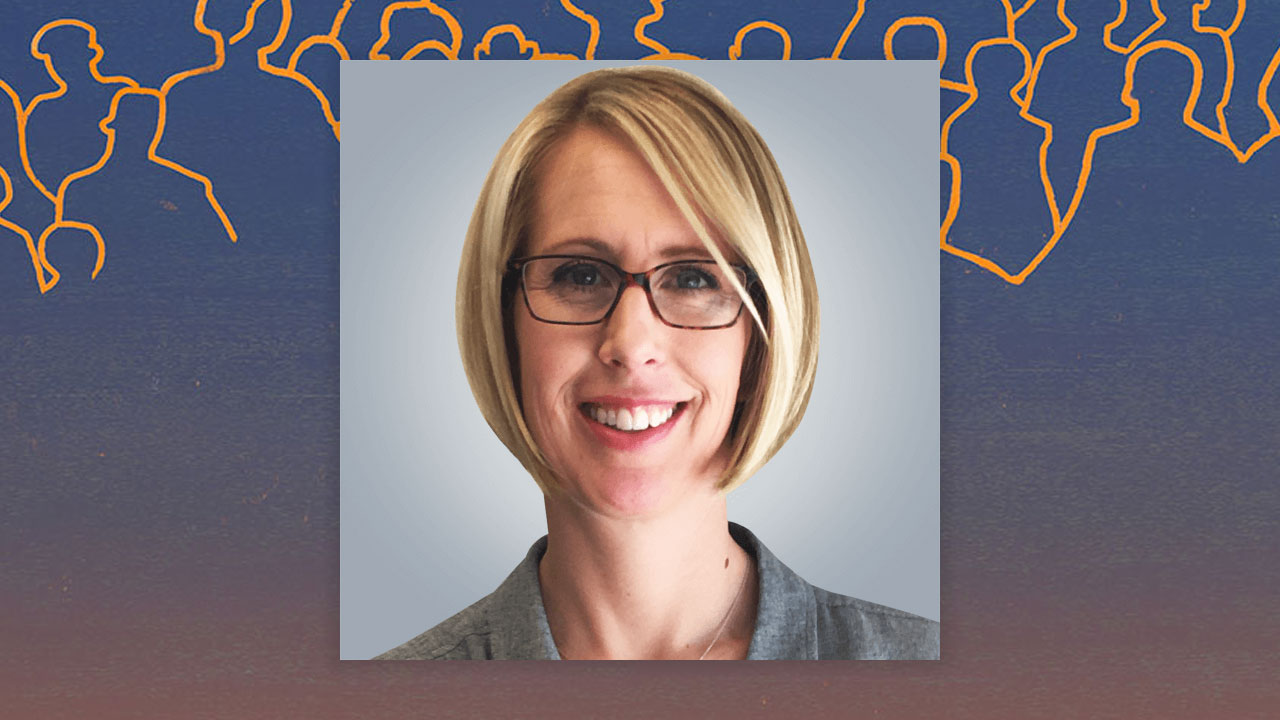Alison Ward, PhD, is a Director of Economics at PHE. She received her BS and MS in Agricultural and Resource Economics from the University of California, Davis, and her PhD in Applied Economics from the University of Minnesota.
She is an expert in social value analyses, and cross-sectional and panel econometrics, including analysis of limited dependent variables, discrete choice models, and censored or zero-skewed outcomes.
Dr. Ward works out of our Oakland office.
Recently, we sat down with Dr. Ward to ask her a few questions.
Q: Why did you decide to study economics?
A: I come from a family of PhD economists. My parents met at the University of Minnesota while in pursuit of their PhDs. I guess you could say that my brother and I were raised with a certain respect for basic economic principles, such as cost-effectiveness, opportunity cost, and incentive alignment. I remember arguing with my parents at a rather young age that they should subsidize the purchase of the new books we were coveting.
In high school and college, reading about nutrition was (and still is) a big hobby of mine, and I was fascinated with how little the average person knows about or thinks about the nutrition of the food they eat. This fueled a desire to help people make better/smarter choices that would eventually lead to better health and higher quality of life. My parents quickly pointed out all the chemistry required for a degree in nutrition and suggested that my relative strength in math would lend itself to economics, which was another great way to study individuals’ behaviors. This recommendation led to a BS, MS, and PhD in economics. Not surprisingly, my twin brother also pursued a PhD in economics and is a professor at Duke University!
Q: What study, performed at PHE, are you most proud of and why?
A: I have been truly blessed at PHE to work on numerous innovative and challenging projects across many disease areas. I am extremely proud of all my projects at PHE! The work we do is challenging, novel, and impactful such that each new project pushes me forward as an economist and as a healthcare researcher. In that sense, I will always be most proud of the last project I finished because I think it is my best work to date. In the past year, I have been working on projects with several clients to estimate the potential value of novel therapies for Alzheimer’s disease. The unmet need is so great in this disease space, I am grateful to have the chance to contribute. I am very proud of this work that PHE is doing!
Q: What do you believe is the most important question being addressed in health economics at this moment in time?
A: Recent technological advancements in real-world data collection and sharing, coupled with huge scientific advancements in DNA sequencing, have set the stage for the next generation of medical technologies—some of which are just entering the market now. I think health economists have an important role to play in helping the community leverage the information and the technology to generate better informed medical care for patients and better access to high value personalized therapies. Many of us can see a future where real-time EMR data are leveraged to help inform diagnosis, treatment, insurance coverage, and future drug and testing development; however, there is little consensus on how to correctly align the incentives across key stakeholders to get to that future. The current system will need to adapt and change. You can see the beginning of this with new contracting agreements between innovators and payers. It is an exciting time to be a health economist!
Q: What do you like to do in your time off?
A: I am the proud mom of 2 boys (Aksel and Aron ages 2 years and 3 months, respectively) who consume every minute of my time outside of PHE. However, before having kids, I enjoyed a range of outdoor physical activities, including hiking, running, and swimming. I look forward to the future when we can engage in these activities as a family!


